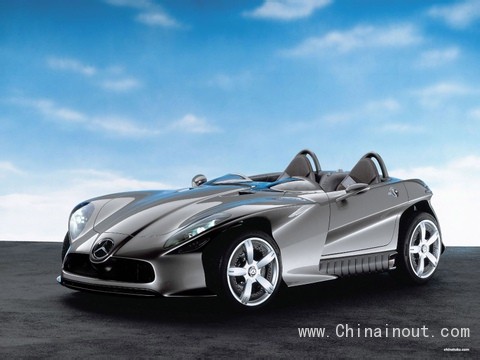歐洲汽車零部件供應商稱,在華經營的汽車制造商強迫它們簽署的排他性協議違反了中國《反壟斷法》,抬高了備件價格。
這些新指控加大了在華跨國汽車制造商的壓力,這些企業是中國監管機構持續已久的一項反壟斷調查的對象。
國家發展和改革委員會(NDRC)正在調查汽車企業是否曾試圖影響其經銷商對整車、零部件和服務設定的零售價格。
中國歐盟商會的汽車業工作組表示:“強加于(汽車零部件公司)的限制,局限了消費者在獨立售后市場的選擇,迫使他們要么選擇由汽車制造商控制的門店,要么選擇假冒產品市場。”
在華經營的外國汽車制造商,需要與本土合作伙伴建立對半持股的合資企業。與這些汽車制造商客戶不同的是,外資汽車零部件企業可以全資擁有自己的在華業務。
中國歐盟商會主席伍德克(Joerg Wuttke)警告稱,外資在中國的“黃金時代”已進入尾聲,因為中國的增速繼續放緩。(中國進出口網)

European auto parts suppliers said, car-makers operating in China forced them to sign an exclusive agreement, which violated China’s "anti-monopoly law" and raised the price of spare parts.
These new allegations increase the pressure of multinational car manufacturers in China and these companies are the subject that have been under anti-monopoly investigation for a long time.
National Development and Reform Commission (NDRC) is investigating whether auto companies have tried to influence vehicle dealers, parts and service retail prices set by distributors.
Auto industry working group from the EU-China Chamber of Commerce said, "Those imposed (upon auto parts company) limit consumer choice scale in the independent aftermarket, forcing them to choose either stores controlled by the vehicle manufacturer or counterfeit products on the market. "
Foreign car-makers operating in China need to establish 50-50 joint ventures with local partners. Compared with these car manufacturers and customers, foreign auto parts enterprises can wholly own his own business in China.
Joerg Wuttke, president of EU-China Chamber of Commerce warned that "Golden Age" of foreign investment in China had come to an end, because China's economic growth continued to slow.
這些新指控加大了在華跨國汽車制造商的壓力,這些企業是中國監管機構持續已久的一項反壟斷調查的對象。
國家發展和改革委員會(NDRC)正在調查汽車企業是否曾試圖影響其經銷商對整車、零部件和服務設定的零售價格。
中國歐盟商會的汽車業工作組表示:“強加于(汽車零部件公司)的限制,局限了消費者在獨立售后市場的選擇,迫使他們要么選擇由汽車制造商控制的門店,要么選擇假冒產品市場。”
在華經營的外國汽車制造商,需要與本土合作伙伴建立對半持股的合資企業。與這些汽車制造商客戶不同的是,外資汽車零部件企業可以全資擁有自己的在華業務。
中國歐盟商會主席伍德克(Joerg Wuttke)警告稱,外資在中國的“黃金時代”已進入尾聲,因為中國的增速繼續放緩。(中國進出口網)

European auto parts suppliers said, car-makers operating in China forced them to sign an exclusive agreement, which violated China’s "anti-monopoly law" and raised the price of spare parts.
These new allegations increase the pressure of multinational car manufacturers in China and these companies are the subject that have been under anti-monopoly investigation for a long time.
National Development and Reform Commission (NDRC) is investigating whether auto companies have tried to influence vehicle dealers, parts and service retail prices set by distributors.
Auto industry working group from the EU-China Chamber of Commerce said, "Those imposed (upon auto parts company) limit consumer choice scale in the independent aftermarket, forcing them to choose either stores controlled by the vehicle manufacturer or counterfeit products on the market. "
Foreign car-makers operating in China need to establish 50-50 joint ventures with local partners. Compared with these car manufacturers and customers, foreign auto parts enterprises can wholly own his own business in China.
Joerg Wuttke, president of EU-China Chamber of Commerce warned that "Golden Age" of foreign investment in China had come to an end, because China's economic growth continued to slow.









